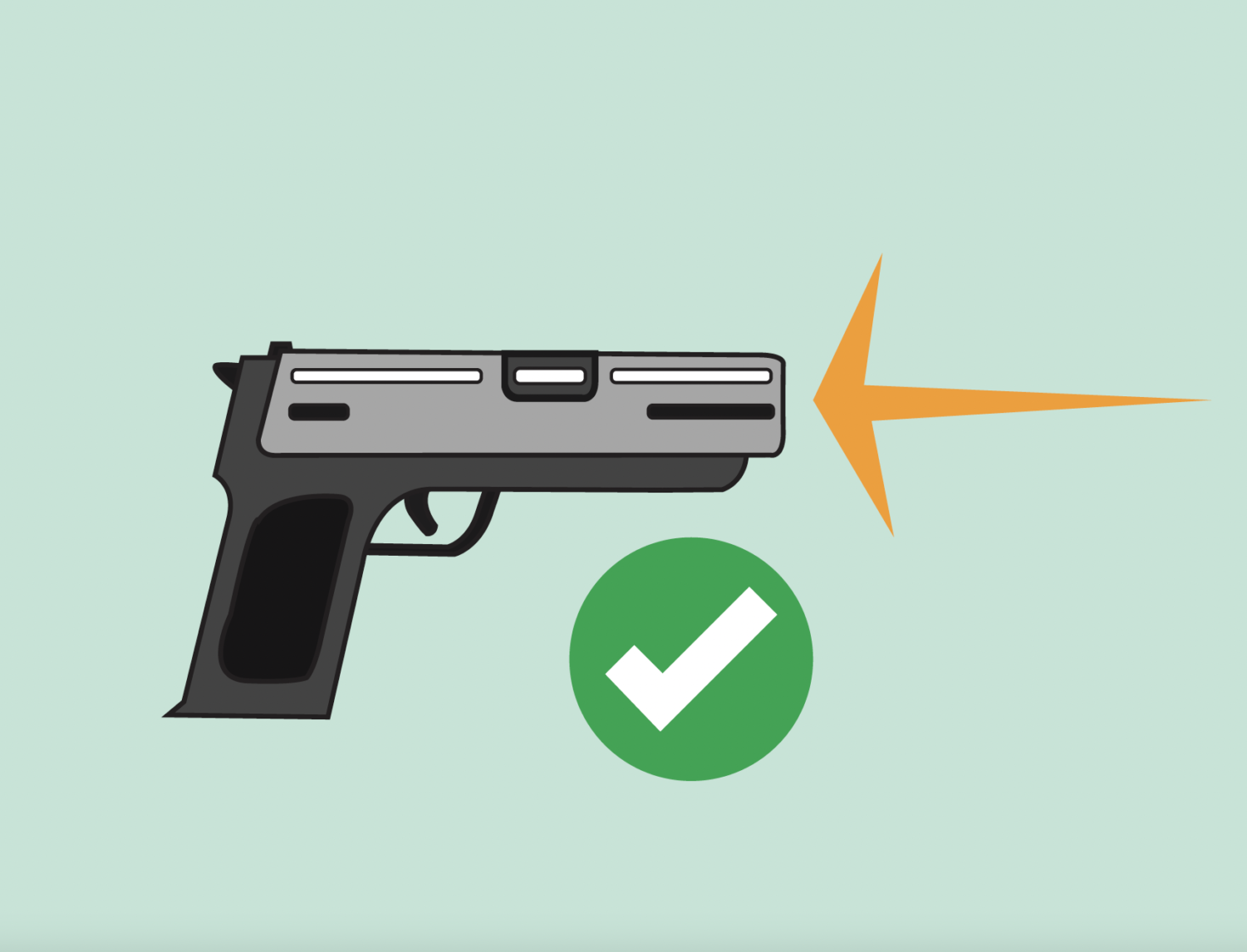On Feb. 2, the Fifth U.S. Circuit Court of Appeals struck the U.S. with an intensely controversial decision in United States v. Rahimi. The three-judge panel of the federal court ruled the prohibition on gun possession for those under domestic violence restraining orders as unconstitutional, allowing alleged domestic abusers to own guns. Activists are concerned about the potentially devastating effects this decision will have on domestic violence survivors.
“People are going to know that their abuser still has their gun. They’re going to continue to live in absolute, abject fear,” said Heather Bellino (she/her), CEO of the Texas Advocacy Project, in a CNN interview. The TAP is an activist organization with a mission to end domestic violence and protect victims of abuse.
Bellino believes that the court order will strongly discourage domestic violence victims from coming forward. Protective orders are now less likely to be pursued by survivors as it may further endanger them by angering their abusers, who may possess a lethal weapon.
Gun regulations for those under protective order are critical for domestic violence victims, especially women, who comprise 85% of domestic abuse victims. According to the U.S. Department of Justice, femicide — the homicide of a woman on account of her gender — is the seventh leading cause of premature death in American women, who are also most likely to be killed by their intimate partners than any other perpetrator. Additionally, 70 women are killed each month by their partners with guns. Guns are also proven to increase the risk of homicide by 500% in domestic abuse cases.
While the Rahimi ruling only applies in Texas, Louisiana and Mississippi, many strongly believe that the decision will be the forerunner of court rulings in other states and endanger domestic violence victims across the nation.
This ruling proceeded from the U.S. Supreme Court’s June 2022 decision in New York State Rifle & Pistol Association v. Bruen, which argued that the right to own a gun for self-defense was necessary both inside the home and in public areas, overturning a New York gun safety law that required gun owners to be licensed to carry a concealed weapon in public.
NYSRPA v. Bruen became a historical event because it completely transformed the analysis that all courts must use when making decisions regarding challenges to the Second Amendment, which provides the constitutional right to own a gun. Before the ruling, federal courts implemented a two-step framework for determining the constitutionality of gun regulations, often resulting in gun regulations being upheld. Now, courts must only prove that a gun control law is “consistent with the Nation’s historical tradition of gun regulation.”
Not only will this impact future court disputes on gun laws, but this systemic change allows for re-evaluations of past court decisions upholding gun laws. For example, from December 2020 to January 2021, Zackey Rahimi — the subject in United States v. Rahimi — was involved in five shootings around Arlington, Texas. At that time, Rahimi was under a protective order after allegedly assaulting his girlfriend, violating state and federal law for possessing a gun. As a result, a federal grand jury indicted him. In court, he argued that it was his constitutional right to own a gun, which was overruled at the time. However, after Bruen, the court reopened Rahimi’s case and determined that the Second Amendment protected his right to own a gun.
The Supreme Court’s ruling in NYSRPA v. Bruen paved the way for the United States v. Rahimi court decision and will likely lead to more controversial court rulings regarding gun regulations in the United States. The Department of Justice — the organization responsible for prosecuting Rahimi — now faces the decision to either rehear the case from the Fifth Circuit or appeal the decision directly to the Supreme Court for review, which would be a monumental event. Domestic violence advocates predict that if the Supreme Court adopts the Fifth Circuit’s ruling on gun regulations nationally, the consequences would be detrimental.
















